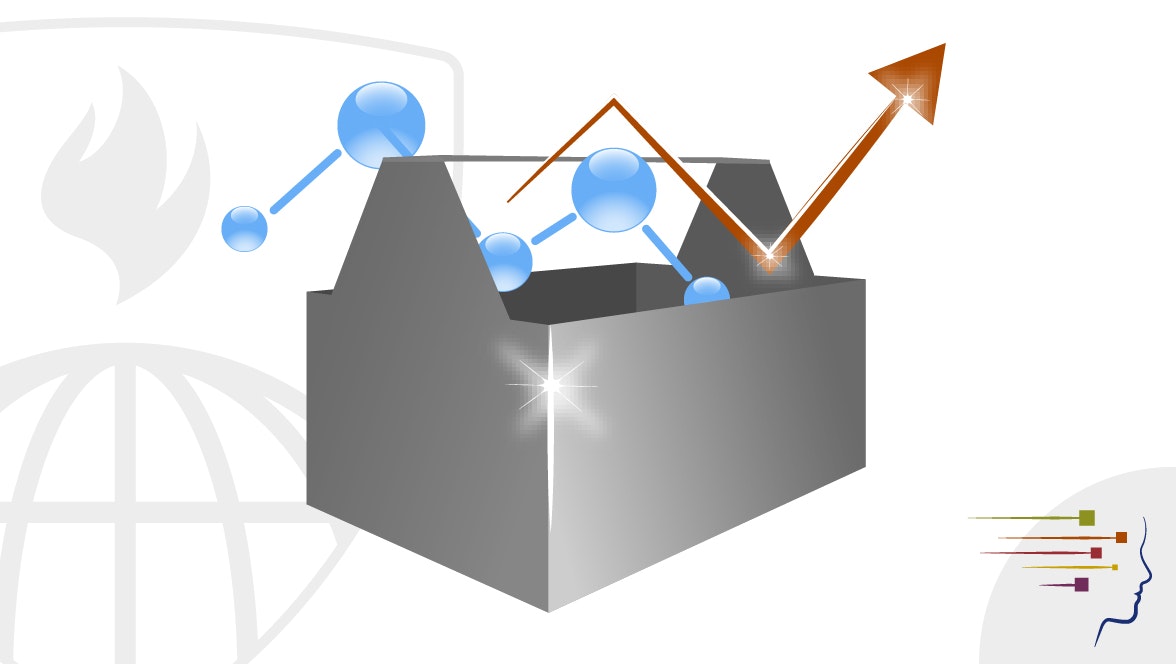

The Data Scientist’s Toolbox

In this course you will get an introduction to the main tools and ideas in the data scientist's toolbox. The course gives an overview of the data, questions, and tools that data analysts and data scientists work with. There are two components to this course. The first is a conceptual introduction to the ideas behind turning data into actionable knowledge. The second is a practical introduction to the tools that will be used in the program like version control, markdown, git, GitHub, R, and RStudio.
What's inside
Syllabus
Data Science Fundamentals
In this module, we'll introduce and define data science and data itself. We'll also go over some of the resources that data scientists use to get help when they're stuck.
Read more
Syllabus
Good to know
Save this course
Reviews summary
Data science toolset
Career center
Data Scientist
Machine Learning Engineer
Data Architect
Data Engineer
Big Data Engineer
Statistician
Statistical Analyst
Quantitative Analyst
Operations Research Analyst
Business Analyst
Data Analyst
Information Security Analyst
Database Administrator
Systems Analyst
Software Engineer
Reading list
Share
Similar courses
OpenCourser helps millions of learners each year. People visit us to learn workspace skills, ace their exams, and nurture their curiosity.
Our extensive catalog contains over 50,000 courses and twice as many books. Browse by search, by topic, or even by career interests. We'll match you to the right resources quickly.
Find this site helpful? Tell a friend about us.
We're supported by our community of learners. When you purchase or subscribe to courses and programs or purchase books, we may earn a commission from our partners.
Your purchases help us maintain our catalog and keep our servers humming without ads.
Thank you for supporting OpenCourser.

